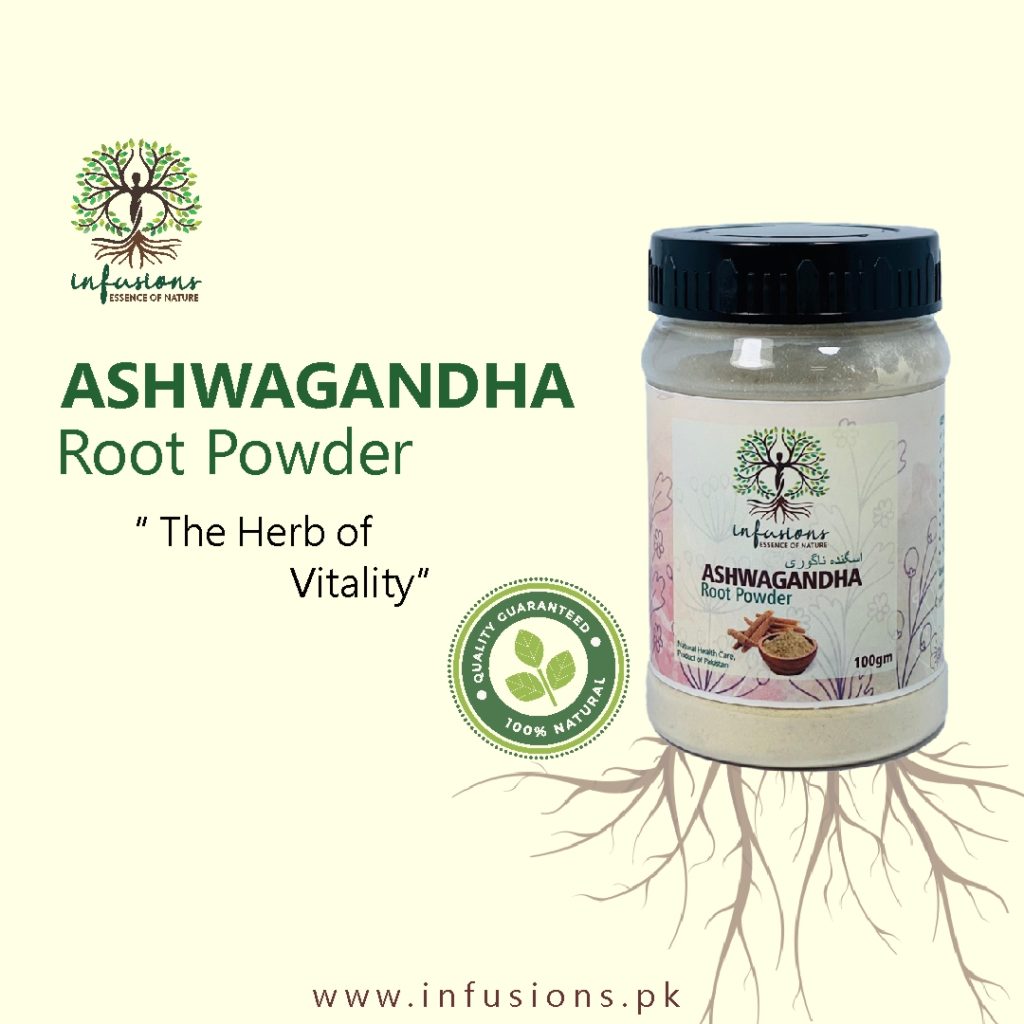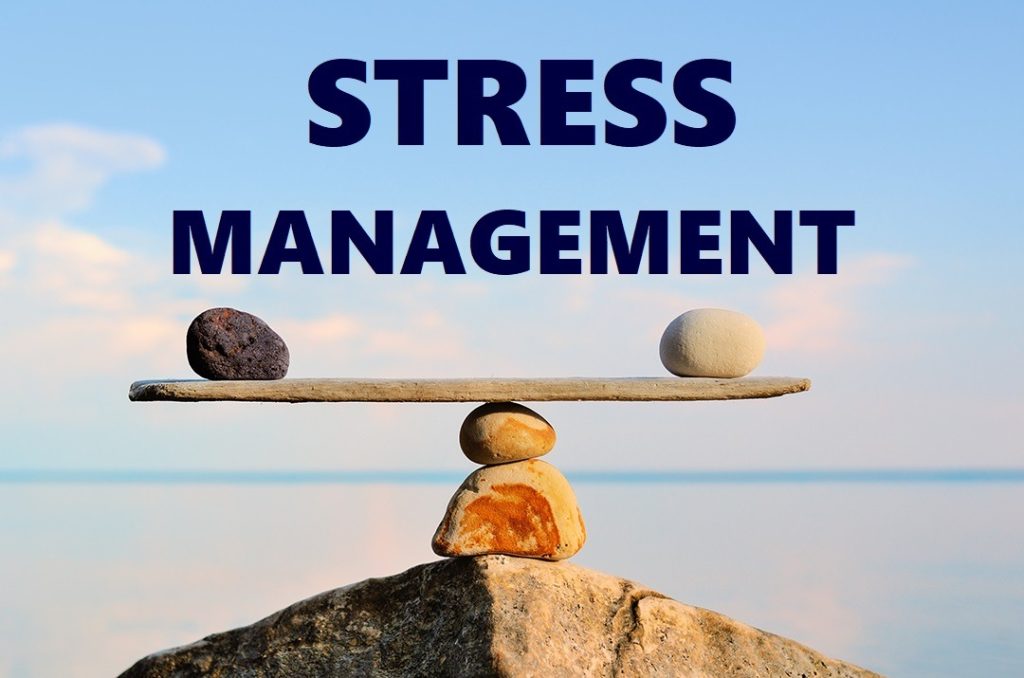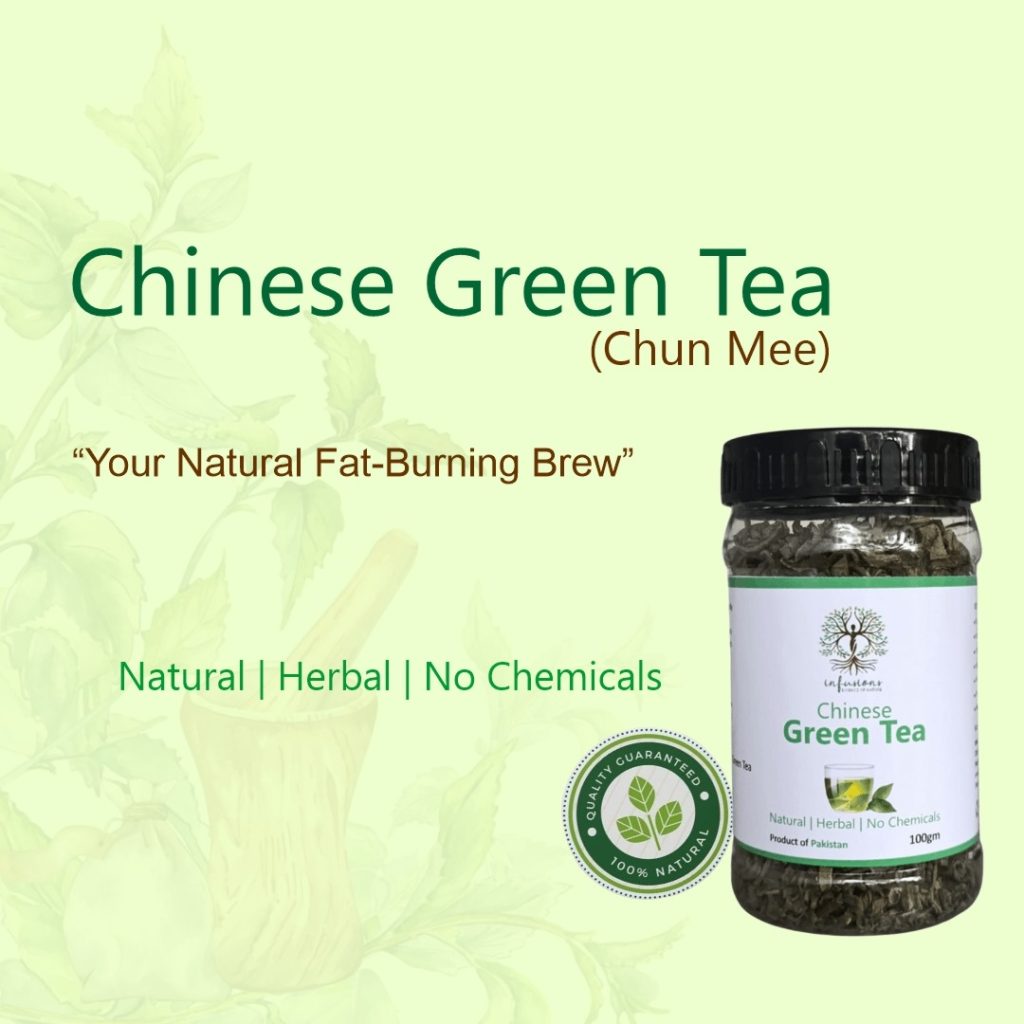
Infusions Pakistan – Bringing Health & Wellness Back Into Everyday Life
Because your health deserves nature’s touch. In today’s fast-paced world,

Low testosterone levels in males, a condition known as hypogonadism, can be caused by a variety of factors. Some common reasons include:
1. Aging: Testosterone levels naturally decline with age, typically starting around age 30.
2. Medical Conditions:
– Obesity: Excess body fat can affect hormone production and metabolism.
– Diabetes: Both type 1 and type 2 diabetes can impact testosterone levels.
– Metabolic Syndrome: A cluster of conditions that increase the risk of heart disease and diabetes can also affect hormone levels.
– Chronic Diseases: Conditions like kidney disease, liver disease, and HIV/AIDS can lower testosterone.
3. Hormonal Disorders:
– Primary Hypogonadism: Testicular failure to produce sufficient testosterone, often due to genetic conditions like Klinefelter syndrome or damage to the testicles.
– Secondary Hypogonadism: Problems with the hypothalamus or pituitary gland, which control testosterone production.
4. Medications:
– Opioids: Long-term use can suppress testosterone production.
– Steroids: Used for medical or bodybuilding purposes can disrupt natural hormone levels.
– Chemotherapy or Radiation: Treatments for cancer can affect hormone-producing glands.
5. Lifestyle Factors:
– Alcohol Abuse: Excessive alcohol consumption can interfere with hormone production.
– Drug Abuse: Use of illicit drugs can disrupt endocrine function.
– Stress: Chronic stress can lead to elevated cortisol levels, which can negatively impact testosterone production.
– Poor Diet: Nutritional deficiencies can affect hormone levels.
6. Infections or Injuries:
– Mumps Orchitis: A mumps infection that affects the testicles can lead to reduced testosterone production.
– Testicular Injury: Trauma to the testicles can impair their ability to produce testosterone.
7. Genetic Conditions:
– Klinefelter Syndrome: A genetic condition where males have an extra X chromosome, which can affect testosterone production.
– Undescended Testicles: If one or both testicles fail to move into the scrotum before birth, it can lead to hypogonadism later in life.
8. Sleep Apnea: Severe obstructive sleep apnea can contribute to lower testosterone levels.
Addressing the underlying cause of low testosterone is crucial for treatment. If you suspect low testosterone levels, it’s important to consult with a healthcare provider for a proper diagnosis and treatment plan.
Low testosterone Treatment in males by Ayurveda:
Ayurveda, the traditional system of medicine from India, offers various approaches to treat low testosterone levels in males by focusing on balancing the body’s doshas (vata, pitta, and kapha) and promoting overall well-being. Here are some Ayurvedic treatments and lifestyle recommendations that may help improve testosterone levels:
Herbal Remedies
1. Ashwagandha (Withania somnifera):
– Known for its adaptogenic properties, ashwagandha can help reduce stress and improve hormonal balance.
– Recommended dosage: 500 mg to 1 g of ashwagandha root extract daily, or as prescribed by an Ayurvedic practitioner.
2. Shilajit:
– A mineral-rich substance that can enhance stamina, strength, and overall vitality.
– Recommended dosage: 300-500 mg of purified shilajit daily.
3. Tribulus Terrestris (Gokshura):
– Traditionally used to improve male virility and vitality.
– Recommended dosage: 250-750 mg of Tribulus terrestris extract daily.
4. Safed Musli (Chlorophytum borivilianum):
– Known to improve sexual health and increase testosterone levels.
– Recommended dosage: 1-2 grams of safed musli powder daily.
Dietary Recommendations
1. Balanced Diet:
– Include foods rich in zinc (such as nuts, seeds, and whole grains), as zinc is crucial for testosterone production.
– Incorporate healthy fats from sources like ghee, coconut oil, and avocados, which are important for hormone synthesis.
– Consume plenty of fresh fruits, vegetables, and lean proteins to support overall health.
2. Avoid Processed Foods:
– Limit intake of processed and junk foods, as they can disrupt hormonal balance and lead to weight gain, which negatively impacts testosterone levels.
Lifestyle Practices
1.Regular Exercise:
– Engage in regular physical activity, including strength training and cardio, to boost testosterone levels.
– Yoga and specific asanas like Bhujangasana (Cobra Pose), Dhanurasana (Bow Pose), and Sarvangasana (Shoulder Stand) can be beneficial.
2. Adequate Sleep:
– Ensure you get 7-8 hours of quality sleep each night, as sleep is essential for hormone regulation.
3. Stress Management:
– Practice stress-reducing techniques such as meditation, pranayama (breathing exercises), and mindfulness to lower cortisol levels, which can negatively affect testosterone.
Ayurvedic Therapies
1. Abhyanga (Oil Massage):
– Regular self-massage with warm sesame or coconut oil can improve circulation and reduce stress, supporting overall hormonal balance.
2. Panchakarma:
– A detoxification and rejuvenation therapy that can help balance the body’s doshas and improve overall health. Consult an Ayurvedic practitioner for a personalized Panchakarma plan.
Consultation with an Ayurvedic Practitioner
– It is important to consult with a qualified Ayurvedic practitioner before starting any herbal supplements or therapies, as they can provide personalized recommendations based on your individual constitution (Prakriti) and specific health needs.
Ayurveda emphasizes a holistic approach to health, focusing on diet, lifestyle, and natural remedies to promote balance and well-being. By incorporating these Ayurvedic practices, you may support healthy testosterone levels and overall vitality.
Visit our online store to get more natural and wellness related products:
as

Because your health deserves nature’s touch. In today’s fast-paced world,

Herbal adaptogens stress management offers natural support to calm anxiety,

Green tea weight management harnesses powerful antioxidants (EGCG) to boost